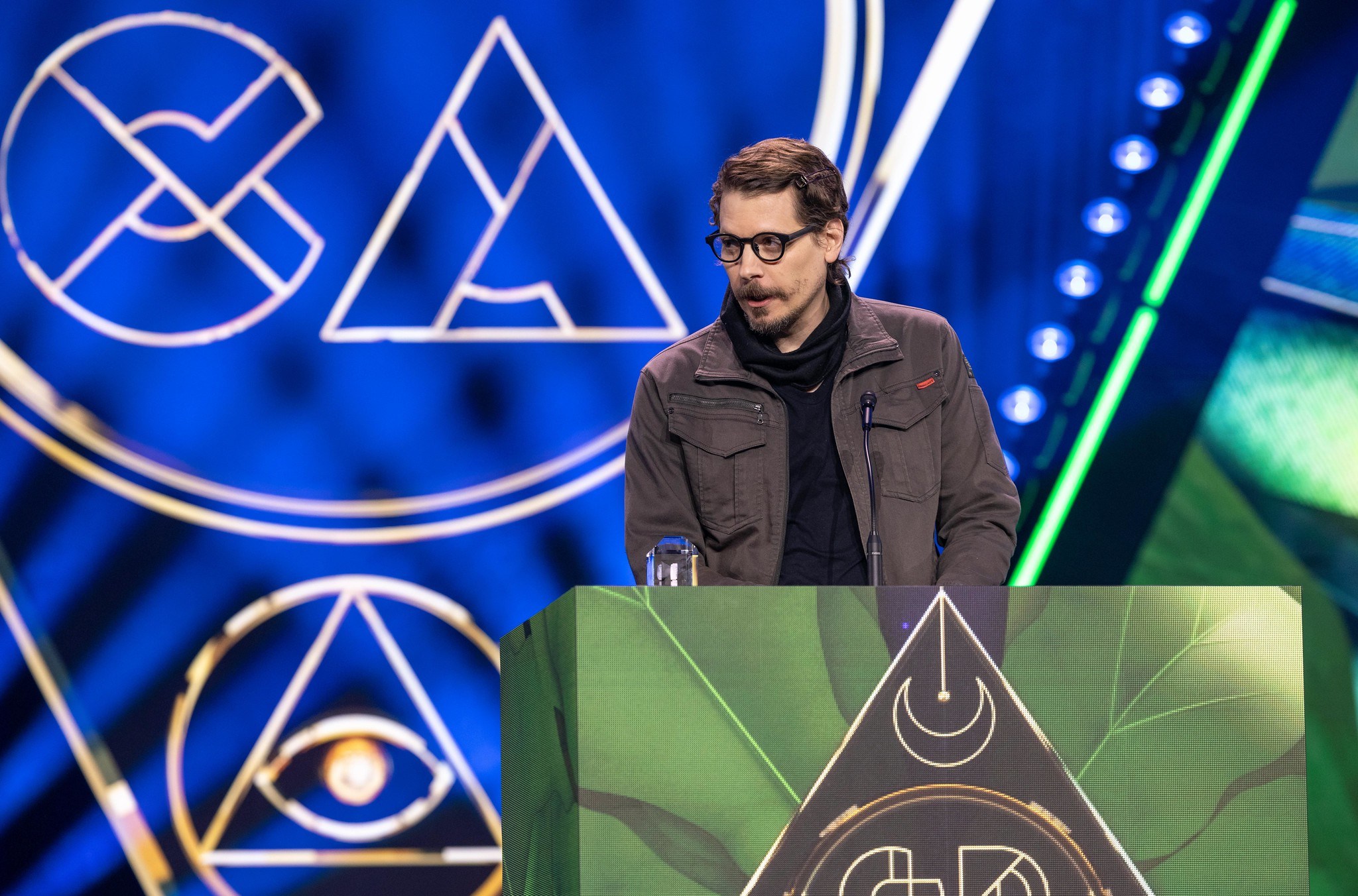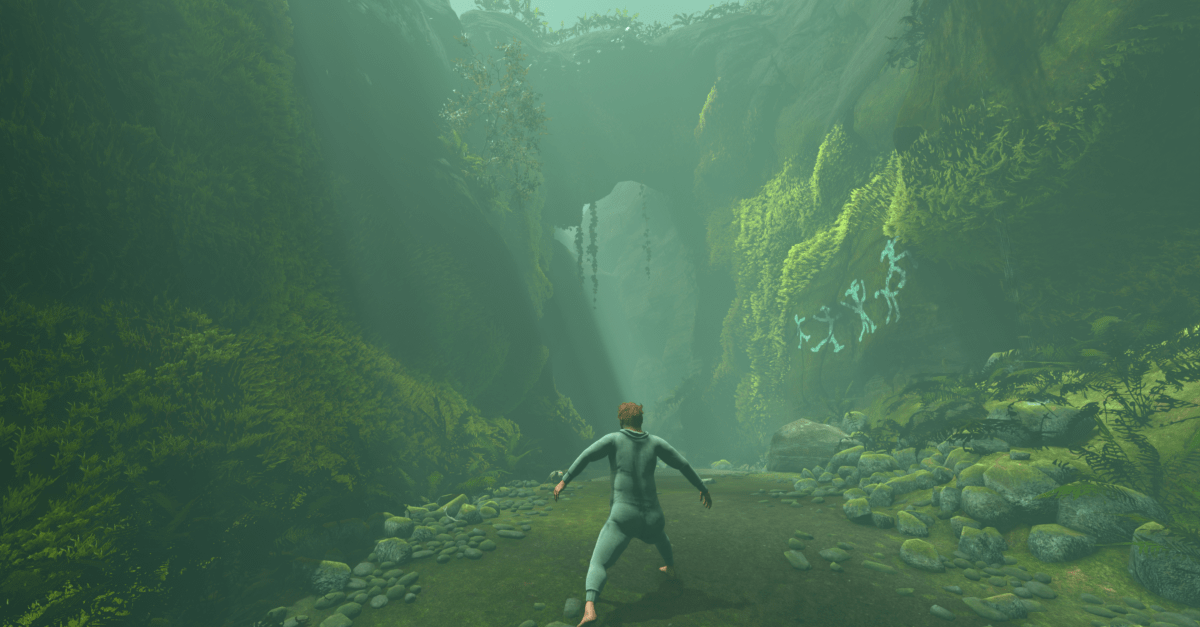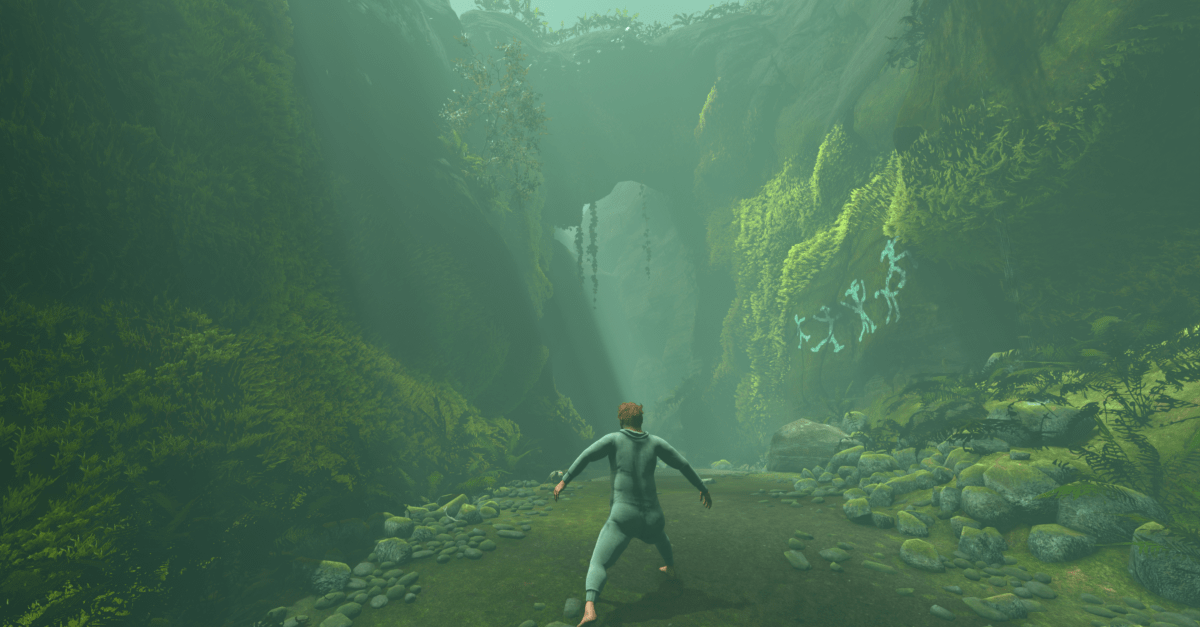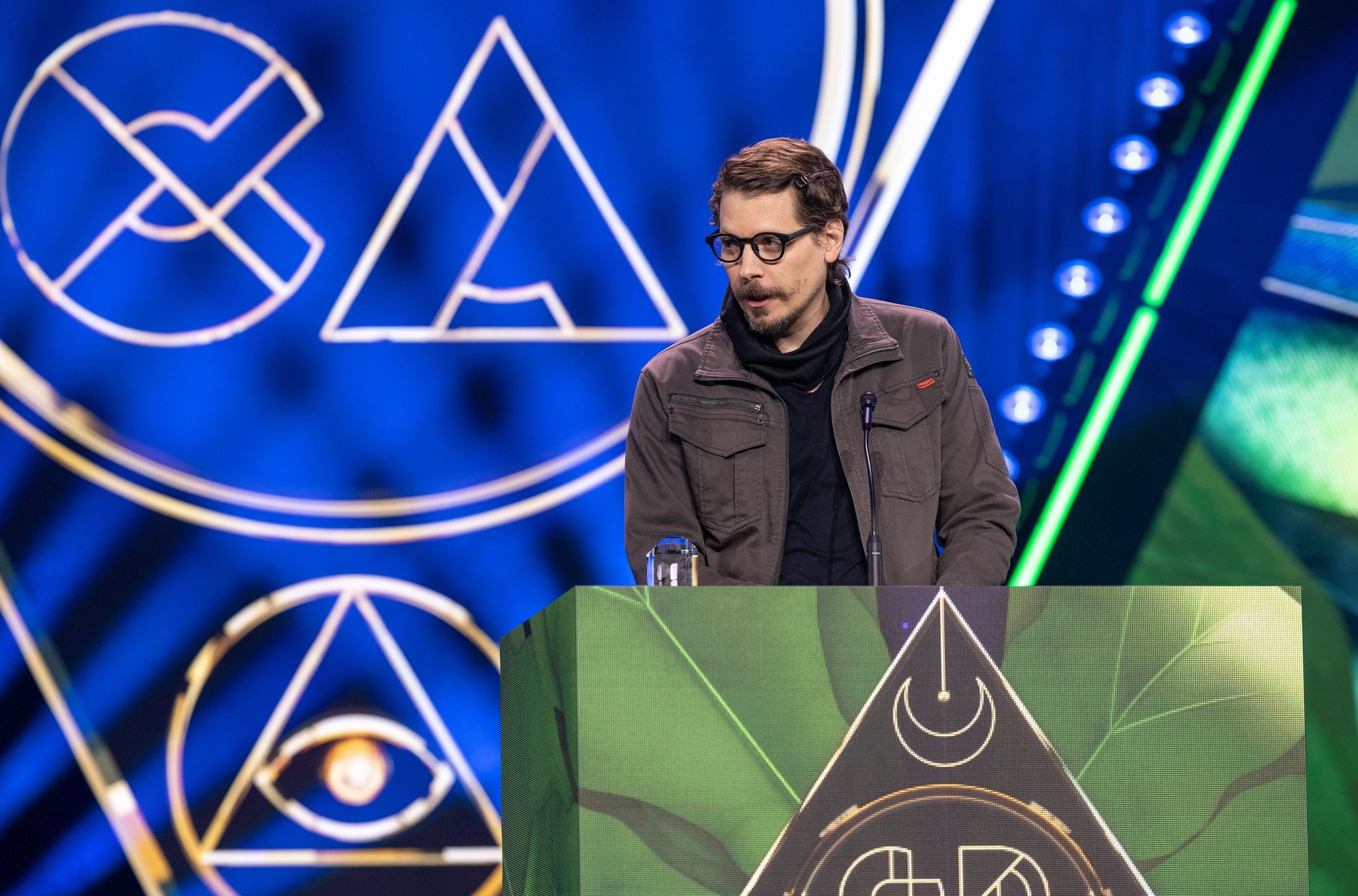## Tired of the Same Old Tropes?
Remember that feeling of unease when you first clocked in as an immigration inspector in Papers, Please? The weight of responsibility, the cryptic clues, the ever-present threat of a wrong decision…


Pope’s Approach to Game Development: From Passion to Innovation

Lucas Pope, the solo creator of games like Papers, Please and Return of the Obra Dinn, has made a name for himself in the gaming industry with his unique and innovative approach to game development. Pope’s personal interests and passions play a significant role in informing his game design, which has led to the creation of games that are not only engaging but also thought-provoking.
Experimentation and creativity are at the heart of Pope’s approach to game development. He believes in pushing the boundaries of what is possible in games, often incorporating elements that are unconventional and unexpected. This approach has led to the creation of games that are not only innovative but also challenging and thought-provoking.
The impact of Pope’s approach on the gaming industry has been significant. His games have inspired a new generation of game developers to think outside the box and push the boundaries of what is possible in game design. His influence can be seen in the many games that have followed in his footsteps, incorporating similar elements of innovation and creativity.

Mars After Midnight: A Sillier and More Experimental Game
Mars After Midnight is a game that marks a significant departure from Pope’s previous games, Papers, Please and Return of the Obra Dinn. While those games were known for their seriousness and complexity, Mars After Midnight is a much sillier and more experimental game.
The game’s tone is much lighter, with a focus on humor and fun. The gameplay mechanics are also much more experimental, with a focus on creativity and imagination. The game’s scenario, where you have to screen aliens at a fictional Martian support center, is a perfect example of Pope’s willingness to think outside the box and push the boundaries of what is possible in game design.
Mars After Midnight differs significantly from Pope’s previous games in terms of its tone and mechanics. While Papers, Please and Return of the Obra Dinn were known for their complexity and seriousness, Mars After Midnight is a much more lighthearted and experimental game. This new direction is significant, as it shows Pope’s willingness to experiment and try new things, even if it means deviating from his previous formula.
The implications of this new direction for the gaming industry are significant. It shows that even established game developers like Pope are willing to take risks and try new things, which can lead to the creation of innovative and groundbreaking games.

Baby Steps: A Game of Self-Guided Exploration
Baby Steps: A Walking Simulator with a Twist
Baby Steps is a game that defies convention, offering a unique take on the walking simulator genre. Developed by a trio of game developers, including Bennett Foddy, Maxi Boch, and Gabe Cuzzillo, the game is all about self-guided exploration, where players are free to roam and explore a vast, open world.
The game’s mechanics are simple yet challenging, as players control the protagonist’s legs individually to take steps. This unique approach to movement adds a layer of complexity to the game, making even the simplest tasks a challenge.
The game’s creators, including Foddy and Cuzzillo, have a vision of creating a game that is not only fun but also thought-provoking. The game’s focus on self-guided exploration and experimentation is a perfect example of this, as players are encouraged to explore and discover new things.
Self-Guided Play: A New Approach to Game Design

The concept of self-guided play is at the heart of Baby Steps’ design. The game’s creators want players to feel a sense of freedom and agency, where they can explore and discover new things without being constrained by artificial obstacles or limitations.
This approach to game design is significant, as it marks a departure from traditional game design, where players are often led by the nose through a series of predetermined challenges and obstacles. Self-guided play, on the other hand, encourages players to take control and explore, which can lead to a more engaging and immersive gaming experience.
The implications of this approach for the gaming industry are significant. It shows that game developers are willing to experiment and try new things, which can lead to the creation of innovative and groundbreaking games.
Baby Steps: A Game for Contemplation and Exploration
Baby Steps is a game that is all about contemplation and exploration. The game’s atmosphere and tone are serene and peaceful, encouraging players to take their time and explore the game’s vast, open world.
The game’s focus on self-guided exploration and experimentation is a perfect example of this, as players are encouraged to explore and discover new things. The game’s creators want players to feel a sense of wonder and awe, as they discover new things and explore the game’s vast, open world.
The role of the game in promoting self-discovery and personal growth is significant. By encouraging players to take control and explore, the game can lead to a more engaging and immersive gaming experience, which can have a positive impact on players’ mental and emotional well-being.
Conclusion
In “The Creator of Papers, Please Wants Developers to Make Weirder, More Personal Games,” The Verge delves into the insightful thoughts of Lucas Pope, the mastermind behind the critically acclaimed, dystopian immigration drama, Papers, Please. Pope argues that the gaming industry, while progressing technologically, has become overly focused on spectacle and mainstream appeal, neglecting the potential of truly unique and personal experiences. He encourages developers to embrace the “weird,” to explore unconventional narratives and mechanics that resonate on a deeper emotional level, even if they stray from conventional norms.
Pope’s call to arms resonates deeply within the gaming community. At a time when blockbuster titles dominate the landscape, his message serves as a poignant reminder of the power of independent and experimental games. It’s a call to creators to think outside the box, to challenge the status quo, and to prioritize emotional depth over superficial thrills. This shift in focus could lead to a renaissance of innovative and thought-provoking games, ones that linger in our minds long after the credits roll, compelling us to reflect on the world around us and our place within it.
Ultimately, Pope’s vision invites us to consider the true purpose of games. Are they merely entertainment, or can they be a platform for exploring the human condition in all its complexity? By embracing the “weird” and the personal, developers can unlock a whole new dimension of storytelling and create games that are not just played, but truly experienced.